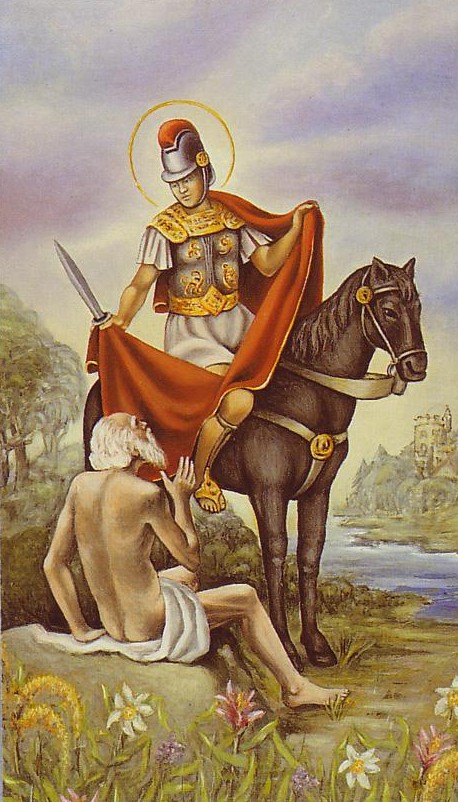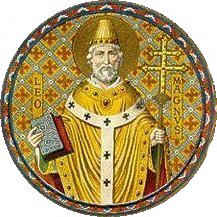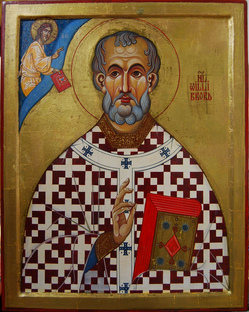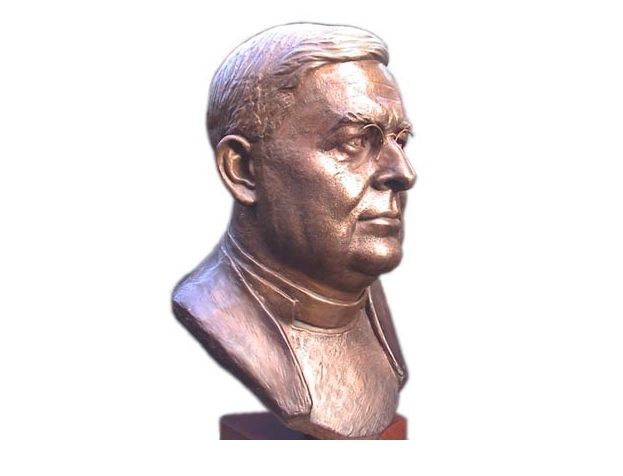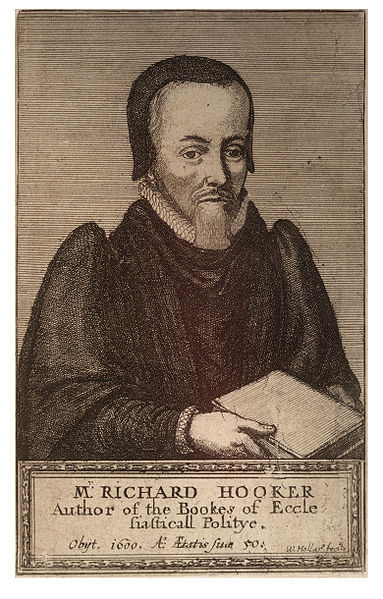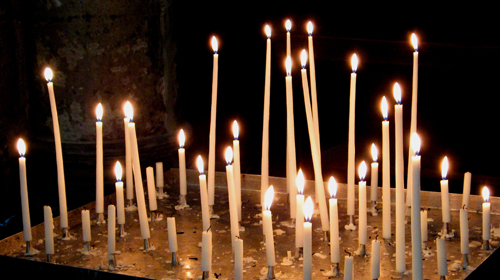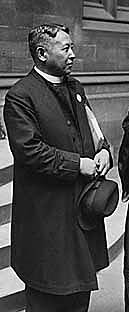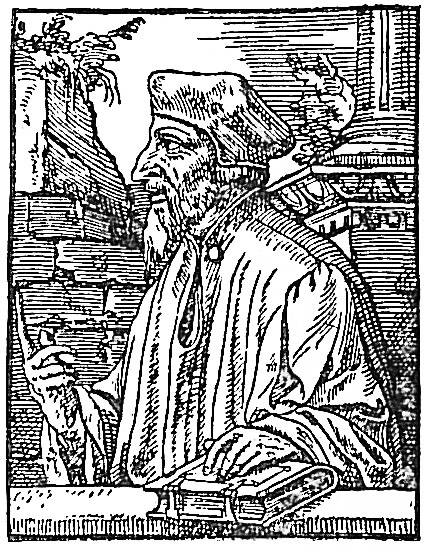Welcome to the Holy Women, Holy Men blog! We invite you to read about this commemoration, use the collect and lessons in prayer, whether individually or in corporate worship, and then tell us what you think. For more information about this project, click here.
About the Commemoration
Martin, one of the patron saints of France, was born about 330 at Sabaria, the modern Szombathely in Hungary. His early years were spent in Pavia in Italy. After a term of service in the Roman army, he travleled about Europe, and finally settled in Poitiers, whose bishop, Hilary, he had come to admire.
According to an old legend, while Martin was still a catechumen, he was approached by a poor man, who asked for alms in the name of Christ. Martin, drawing his sword, cut off part of his military cloak and gave it to the beggar. On the following night, Jesus appeared to Martin, clothed in half a cloak, and said to him, “Martin, a simple catechumen, covered me with his garment.”
Hilary ordained Martin to the presbyterate sometime between 350 and 353, and Martin, inspired by the new monastic movement stemming from Egypt, established a hermitage at nearby Liguge. To his dismay, he was elected Bishop of Tours in 372. He agreed to serve only if he were allowed to continue his strict, ascetic habit of life. His monastery of Marmoutier, near Tours, had a great influence on the development of Celtic monasticism in Britian, where Ninian, among others, promoted Martin’s ascetic and missionary ideals. The oldest church in Canterbury, which antedates the Anglo-Saxon invasions, is dedicated to St. Martin.
Martin was unpopular with many of his episcopal colleagues, both because of his manner of life and because of his strong opposition to their violent repression of heresy. He was a diligent missionary to the pagan folk of the countryside near his hermitage, and was always a staunch defender of the poor and helpless.
Martin died on November 11, 397. His shrine at Tours became a popular site for pilgrimages, and a secure sanctuary for those seeking protection and justice.
Collects
I. Lord God of hosts, who didst clothe thy servant Martin the soldier with the spirit of sacrifice, and didst set him as a bishop in thy Church to be defender of the catholic faith: Give us grace to follow in his holy steps, that at the last we may be found clothed with righteousness in the dwellings of peace through Jesus Christ our Lord, who liveth and reigneth with thee and the Holy Spirit, one God, for ever and ever. Amen.
II. Lord God of hosts, you clothed your servant Martin the soldier with the spirit of sacrifice, and set him as a bishop in your Church to be a defender of the catholic faith: Give us grace to follow in his holy steps, that at the last we may be found clothed with righteousness in the dwellings of peace; through Jesus Christ our Lord, who lives and reigns with you and the Holy Spirit, one God, for ever and ever. Amen.
Psalm 15
Lessons
Isaiah 58:6-12
Galatians 6:1-2
Luke 18:18-30
Preface for a Saint (2)
